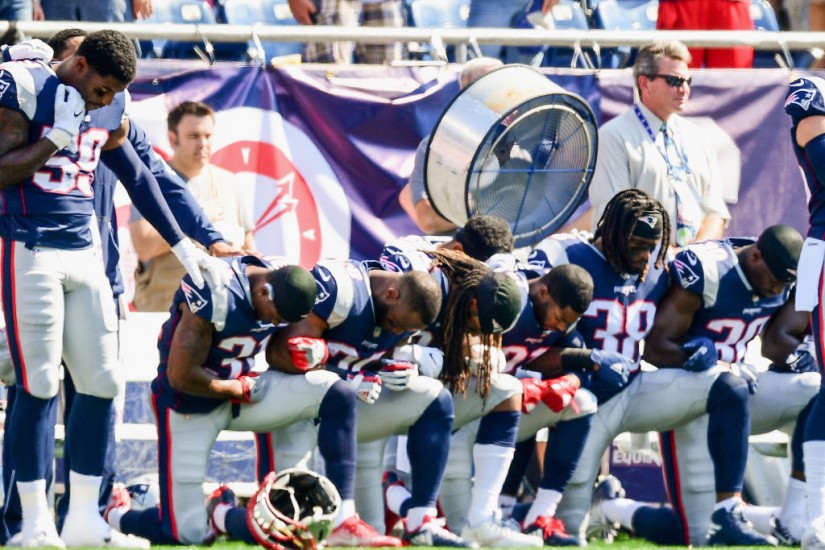In the early twentieth century, many of the musicians that filled the ranks of American orchestras had either been born or trained in Germany or Austria, while many of the leading orchestral conductors had German or Austrian backgrounds and the music of Germanic composers predominated on the programs of American orchestras. Tensions over American vs. Germanic values in the concert hall mounted as conflict with Germany and Austria-Hungary unfolded in World War I, especially after the U.S. entry into the war in April 1917.
Perhaps the most well publicized case of the The Star-Spangled Banner’s deployment as a test of American vs. Germanic loyalties involved Karl Muck, the Boston Symphony’s German-born music director (Muck was a Swiss citizen). Muck’s troubles began with the false accusation that he had refused to conduct The Star-Spangled Banner at a concert in Providence, Rhode Island in October 1917. The Boston Symphony’s management had in fact, without consulting Muck, declined a request to play the anthem, deeming it music more appropriate for a “military band” and beneath the dignity of “a classical music organization.” The ensuing controversy over Muck’s supposed refusal to conduct the anthem would eventually lead to the discovery of a cache of letters, some containing anti-American and pro-German sentiments, written to a nineteen-year-old Boston heiress, providing grounds for Muck’s arrest, prosecution, internment at Fort Oglethorpe, Georgia, and deportation after the war.
The Star-Spangled Banner would similarly become a proxy for American patriotism among symphonic concert-goers throughout the United States. For example, Emil Oberhoffer, the German-born conductor who had founded the Minneapolis Symphony in 1903 and led it within a decade to national prominence, was compelled to adapt after April 1917 to a cultural climate in which German nativity and identity were suspect and scrutinized for possible disloyalty to the Allied war cause.
